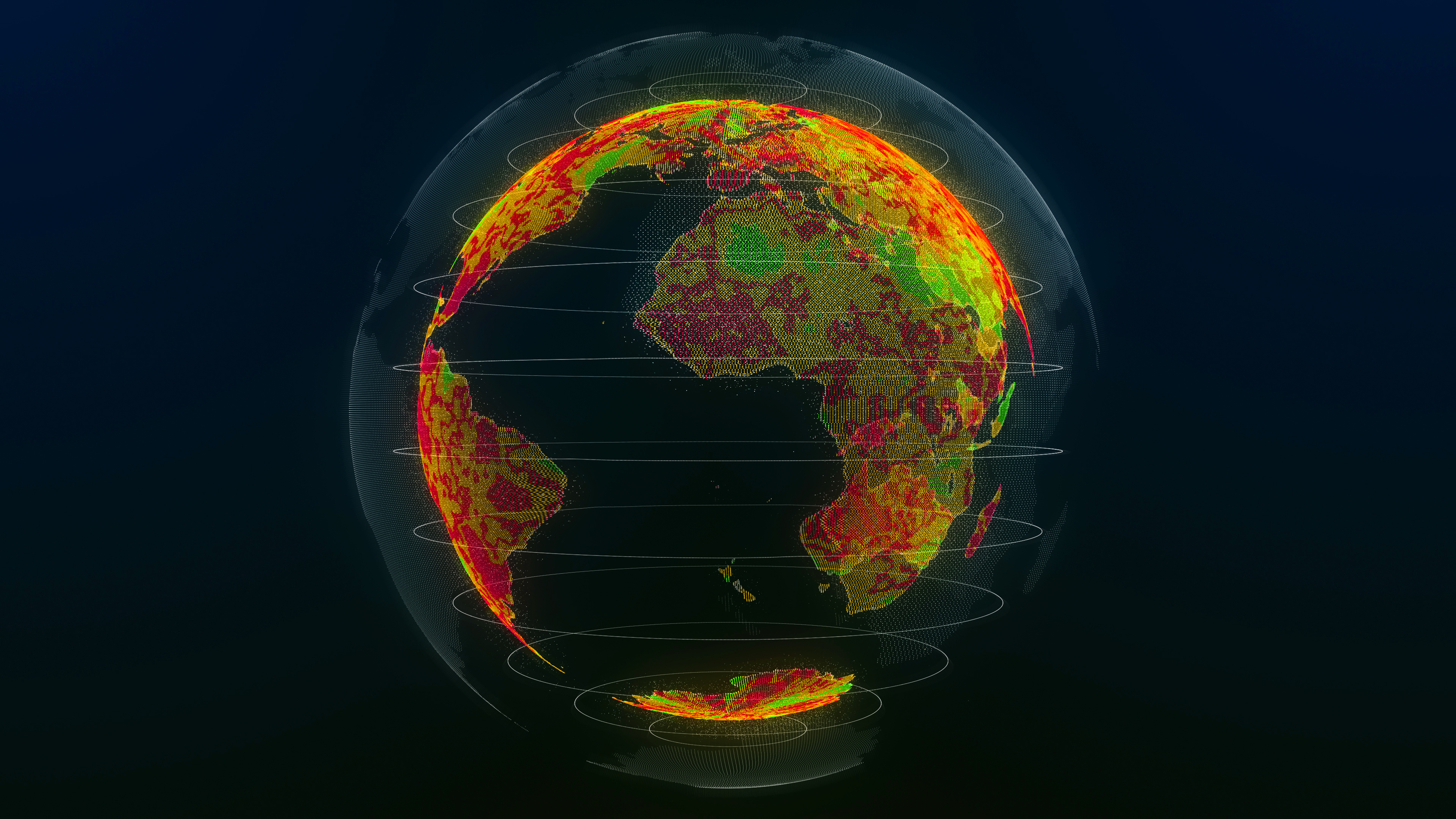
Instructor:
The growing impacts of climate disruption are further reinforcing structural inequities concerning race, gender, class, and indigeneity across the globe. Climate justice places environmental justice in a global perspective, examining how the large-scale impacts of climate change exacerbate inequities at local and regional levels, and how this process in turn combines to affect the global biosphere—a positive feedback loop with only negative consequences. Modeling Climate Justice navigates the intersection of the sciences and humanities in service of climate policy and public action. Central to the science and policy of climate change are models—in order to seek climate justice, we must use science to model what impacts climate may have on communities. This requires two steps: 1) Translating climate models and scientific data into sociological and economic analyses; 2) communicating these analyses to journalists, activists, policymakers, and the public writ large. Thinking through climate justice puts us face to face with the most urgent and complex issues surrounding climate disruption—how does the ecological legacy of imperialism, slavery, and settler colonialism place a disproportionate burden of these impacts on nations of the Global South and marginalized communities in the Global North? What institutions and strategies of global governance are needed to address these issues in a democratic and equitable manner? What are our obligations to the rights of future generations? What is it that we can do now, as individuals and communities, to combat climate injustice? We cannot answer these questions without the science of climate change, but the science of climate change cannot in itself provide a solution. Ensuring climate justice is one of the great interdisciplinary tasks of our generation—everyone has unique knowledge and skills they bring to this problem. It is the hope of this course for students to discover how they feel they can best aid in solving this crisis.
We will learn how to effectively model issues of climate justice through exercises in opinion writing, data mapping and analysis, and using basic climate models to inform policy decisions. We will do so by following the downstream process of producing climate information, from the creation of global climate models to its employment in sociological maps and data sets, and finally to its use as tools for public communication and engagement. In the first part of the course, we will focus on how scientific information about climate is produced (such as computer modeling, geochemistry, paleontology)—and how is it translated and used in sociologica modeling, policymaking, and journalism. In the second part, we will focus specifically on how this information can be used to advance causes at the intersection of social justice and climate adaptation, and how it can form public discourse and policy. We will work in collaboration with the UVA Democracy Initiative Environmental Repair Lab and its partnership with climate justice activists in Norfolk, VA. to assist in their efforts to produce the Virginia Climate Atlas.
